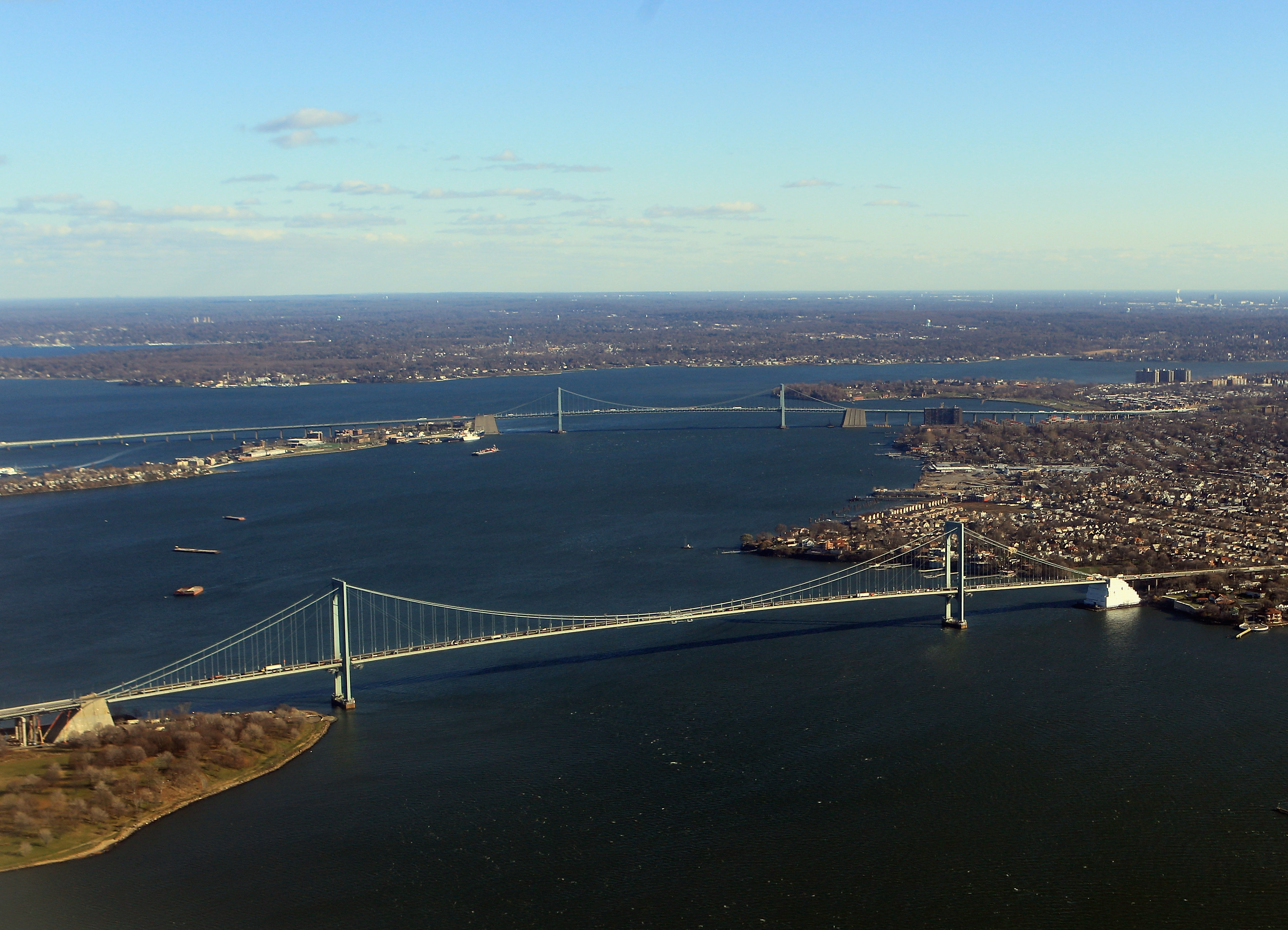
A new health report provided more concerning health news for 9/11 first responders, as their exposure put them at higher risk for another debilitating disease.
A study looked at how dust and debris from the aftermath of the World Trade Center attacks has affected the brain health of first responders.
Researchers from Stony Brook University found exposure to toxins at Ground Zero was associated with higher risk of dementia before the age of 65. That risk was much lower for those who were not exposed or who wore protective equipment.
The study, which was comprised of more than 5,000 responders, adds to previous research showing 9/11 first responders show signs of cognitive impairment at about three times the rate of the general population.
Among those who participated, there were 228 responders under the age of 60 without dementia at the start of the study who developed the illness over the course of the next five years. That equates to 4.6% of responders in the study; lead author Sean Clouston said that in the general population, the incidence would only be about 0.5%.
Get Tri-state area news delivered to your inbox. Sign up for NBC New York's News Headlines newsletter.
Additionally, in responders who reported no dust exposure or those who wore protective equipment like masks and hazmat suits, about five or six out of every 1,000 in the study developed dementia each year. But for the responders who did not wear PPE and had reported doing things like digging through the World Trade Center debris, the dementia rates topped 42 per 1,000 people.
“This rate of dementia in those reporting many exposures and limited protection is not only statistically significant, it is alarming for a patient cohort that clearly shows a strong association between exposure and the incidence of dementia under the age of 65,” says Clouston. “Also, the rates remained statistically significant over the less exposed group even after adjusting for social, medical, and demographic factors.”




